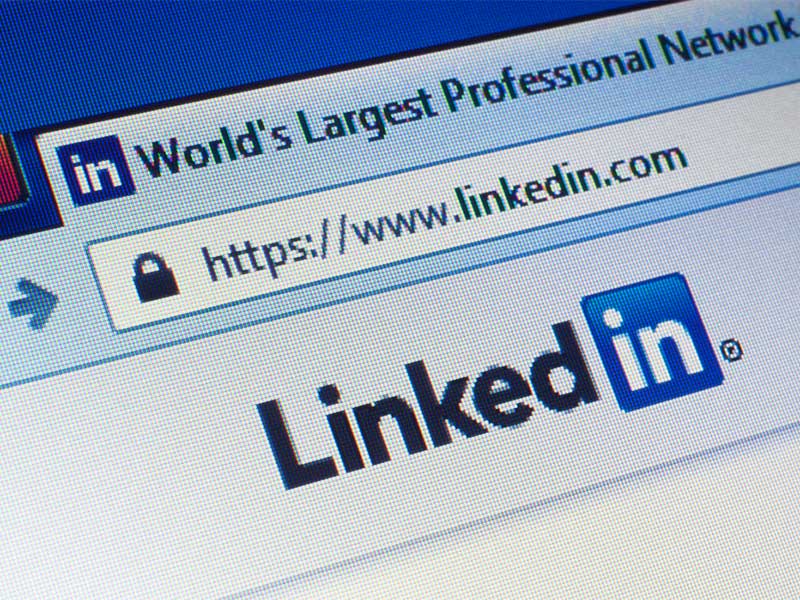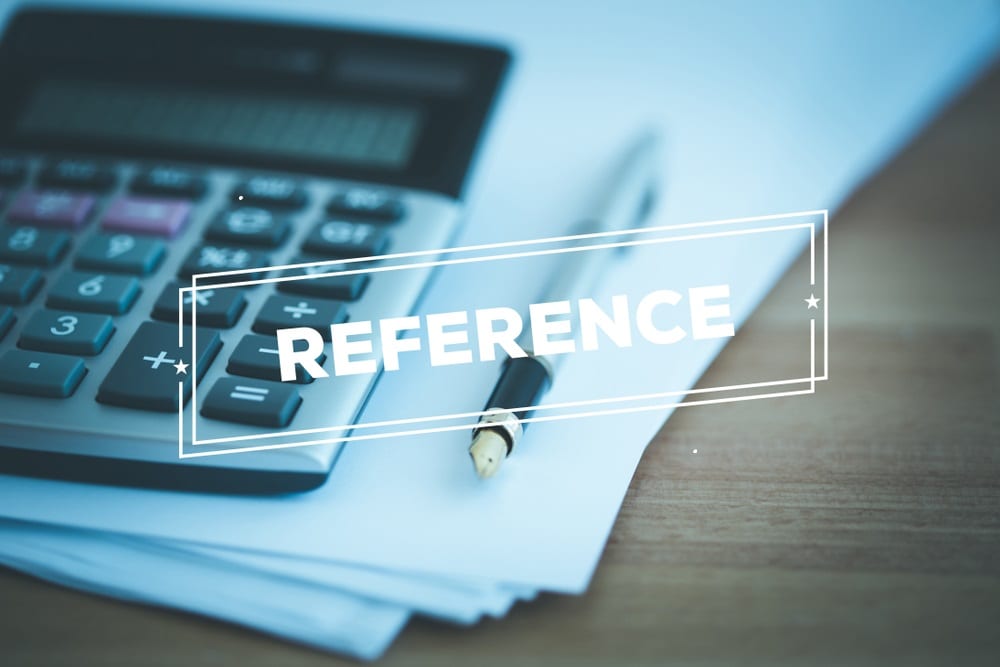Times are changing. Some people say a bad reference doesn’t have the impact it might have done thirty years ago. But getting a less than positive reference can still be damaging in that it is likely to affect how prospective employers view you.
These days, candidates are more willing to share their experiences about previous roles: they may have been abused, harassed or simply burned out and need to start over again after some time out. They may be leaving their role because they consider their employer to be dishonest, unfair, exploitative or a plain bully. (If this is resonating with you, check out Victoria’s article about dealing with toxic bosses).
References don’t tell the whole story
From a candidate’s point of view, the scenario can seem a little unfair. Employers get the opportunity to give their opinion during reference checks… what about the candidate? They may have passed the sift, ticked the background research boxes, performed well at interview and be shortlisted for a job offer. One negative reference from a previous employer, and it can all go to waste.
As outlined in a recent industry article, when called for a reference, employers might use a lukewarm tone of voice or vague comments to put down a candidate or to hint at a less-than-stellar performance. As one former boss told a reference checker “I’d rather not comment. You can take that however you want.”
Take back control from a bad reference
If you didn’t get on with your manager and are unsure that he or she will supply a fair reference, be clear about this at your next interview.
Emphasise what you learned from your difficult working relationship with your manager and focus on the skills that you would bring to the new company. Building resilience only serves to make you better equipped to handle issues in the future.
Speaking of the future, here are a few ways to prepare for future scenarios to eliminate bad references.
* Pre-screen your references. If you suspect that your previous manager may not present you in the best light, line up other referees who will showcase your skills and aptitudes and give a positive account of your contribution to the workplace. And if they need a little reminder of how effective you were, supply them with a list of your achievements as an aide-memoire when prospective employers do make contact.
Here’s an example from Inc.com of how you might like to pre-empt this: “My manager has a history of trying to prevent people from leaving by giving poor references for them, regardless of how strong their work has been. However, I’d be glad to put you in touch with many others who can speak to my performance at my current job.”
* Be honest and say that you have concerns that your previous boss may not be a fair judge of your skills, contribution and performance. Get ahead of the negativity and have your own response ready. No lies or blaming. Just explain that you faced some challenges in your last job but also clearly explain the steps you’ve taken since then to improve your skills and adapt your approach.
* Actively cultivate relationships with other managers or colleagues working at a senior level in your current workplace so that you can draw on this network when the time is right.
For expert coaching to prepare you for interviews and for strategies on fielding questions about less than positive references, talk to our friendly team on 020 7100 6656.
What the law says
References have to be accurate and truthful. If you think the statements made in your reference are untrue and believe this may have unfairly harmed your future work prospects, you may be able to sue for ‘negligent misstatement’. To do so, you must show that:
- The information in the reference is misleading
- Providing this misleading information has had a negative effect on your future employment
- Your employer was negligent in providing a reference
If you truly feel a bad reference is having an insidious and far-reaching effect, it may be worth thinking about taking things further.
You could write a strongly worded cease and desist letter addressed to the CEO.
Seeking legal action can be expensive but effective if you genuinely feel the bad reference is damaging your career. Your lawyer will contact the former employer on your behalf.
Bear in mind that going to court can take a long time, and you might not win your case. For many people, it’s quicker to look for another job or at least, suggest another reference.

Reap the value of LinkedIn
Forward-thinking companies look wider than simply relying on references, and use other mechanisms like LinkedIn where recommendations and testimonials are integrated into profiles to gather evidence around their chosen candidates.
According to Steve Wang, a former human resources representative who now hires and recruits: “LinkedIn recommendations act as proof that the skills and credentials on an individual’s profile aren’t simply made up or exaggerated as an attempt to appear more qualified than they really are,“
Christina Van Buskirk, President of Janeiro Talent agrees: “LinkedIn recommendations stand out, especially if they have been made by industry leaders or contacts I already know and trust. If a candidate has a number of great recommendations, it shows that people enjoy working with them, and I would probably like working with them, too. It gives a sense of potential culture fit, as well.”
Testimonials and endorsements clearly add value to your LinkedIn presence. If you need help fortifying your LinkedIn profile, get in touch with our experienced team for tailored advice.

